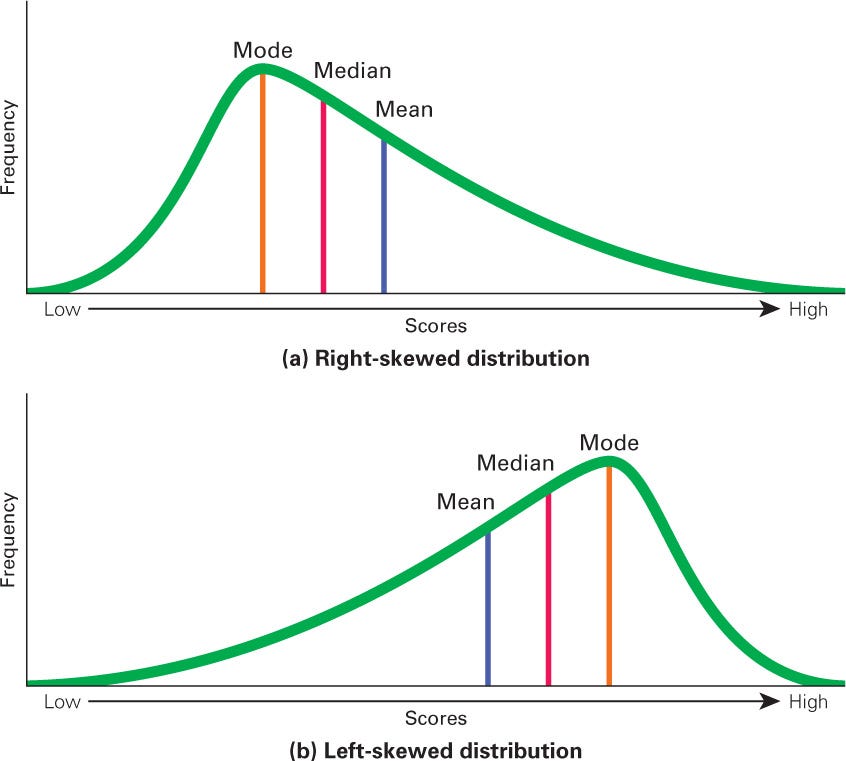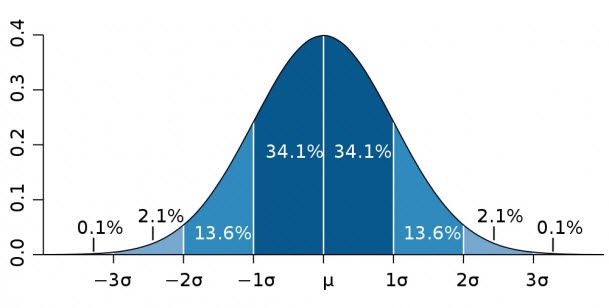Psych | Unit 1 - Terms
5.0(1)
5.0(1)
Card Sorting
1/56
Earn XP
Description and Tags
Study Analytics
Name | Mastery | Learn | Test | Matching | Spaced | Call with Kai |
|---|
No study sessions yet.
57 Terms
1
New cards
idea that knowledge comes from experience.
scientific knowledge = ^^observation and experimentation^^
scientific knowledge = ^^observation and experimentation^^
empiricism
2
New cards
used ^^introspection^^ to reveal the structure of the human mind
structuralism
3
New cards
explored how mental and behavioral processes work
functionalism
4
New cards
american psychological association
APA
5
New cards
the view that psychology should be 1) an ^^objective science,^^ 2) study ^^behavior^^ without referencing mental processes
behaviorism
6
New cards
how the ^^unconscious^^ mind and childhood influence behavior
psychoanalytic
7
New cards
emphasized human ^^growth and potential^^
humanistic
8
New cards
the study of ^^mental processes^^
cognitive psychology
9
New cards
cognitive psychology + neuroscience
cognitive neuroscience
10
New cards
the science of behavior and mental processes
psychology
11
New cards
principle that traits that best help ^^organism survive^^ will be passed down to future ^^generations^^
natural selection
12
New cards
how humans are ^^alike^^ because of common biology & evolutionary history
evolutionary psychology
13
New cards
how humans ^^differ^^ because of differing genes and environments
behavior genetics
14
New cards
enduring behaviors, ideas, attitudes, values, and traditions shared by a group of people and transmitted across generations
culture
15
New cards
w: Western
E: Educated
I: Industrialized
R: Rich
D: Democratic
E: Educated
I: Industrialized
R: Rich
D: Democratic
WEIRD cultures
16
New cards
study of ^^human flourishing^^
positive psychology
17
New cards
bio, psycho, and social-cultural viewpoints
biopsychosocial
18
New cards
studies how ^^unconscious^^ drives and ^^personality^^ influence behavior
psychodynamic psychology
19
New cards
study of how ^^situations and cultures^^ affect ^^thinking^^ and ^^behavior^^
social-cultural behavior
20
New cards
specific ^^small group/person^^ of interest used to study unusual behavior
case study
21
New cards
observe people/behavior in a ^^naturally occurring setting^^, no manipulation/control
naturalistic observations
22
New cards
statement of exact procedures used in a study
operational definition
23
New cards
repeating a study with different participants
replication
24
New cards
causation
correlation does not equal
25
New cards
a measure of the extent to which ^^2 factors coexist^^ and ^^predict^^ each other
correlation
26
New cards
^^statistical index^^ of the relationship between two things
positive correlation= +1.00
no correlation= 0
negative correlation= -1.00
positive correlation= +1.00
no correlation= 0
negative correlation= -1.00
correlation coefficient
27
New cards
^^perceiving a relationship^^ where ^^none^^/only a small one exists
illusory correlation
28
New cards
^^factors^^ (ind. variable) ^^manipulated^^, effect (dep. variable) is ^^observed^^
experiment
29
New cards
^^manipulated^^ by the experimenter
independent variable
30
New cards
changes because of the in. variable, is ^^measured/observed^^ by the researcher
dependent variable
31
New cards
receives treatment
experimental group
32
New cards
doesn’t receive treatment
control group
33
New cards
experimental and control groups chosen by ^^chance^^
random assignment
34
New cards
both participants and researchers ^^don’t know^^ who got drug/placebo
double-blind procedure
35
New cards
a factor not being studied that could ^^influence results^^ of an ^^experiment^^
confounding variable
36
New cards
the extent to which a test/experiment ^^measures/predicts^^ what it’s ^^supposed to^^
validity
37
New cards
a third thing ^^causes a correlation^^ between two things (ice cream, summer, and murders)
third variable problem
38
New cards
establish cause and effect
the experimental method is the only method that can
39
New cards
^^numerical^^ data, measures/describes ^^characteristics of groups^^
what the data looks like
(central tendency and variation)
what the data looks like
(central tendency and variation)
descriptive statistics
40
New cards
^^bar graph^^ depicting a frequency distribution
histogram
41
New cards
the most ^^frequently occuring scores^^ in a distribution
mode
42
New cards
the ^^average^^; all scores added together and then divided by the number of scores
mean
43
New cards
the ^^middle score^^/the midpoint
median
44
New cards

data is not symmetrical
skewed distribution
45
New cards
how ^^similar or diverse^^ the scores are
variation
46
New cards
difference (gap, ^^subtraction^^) between the ^^highest and lowest^^ scores
range
47
New cards
^^computed^^ measure of how many ^^scores vary^^ around the mean score
standard deviation
48
New cards
diverse scores
high standard deviation means…
49
New cards
similar scores
low standard deviation means…
50
New cards

symmetrical ^^bell-shaped^^ curve that many data sets follow
normal curve
51
New cards
numerical data that allows one to ^^generalize/infer^^ the ^^probability^^ of something about the ^^general population.^^ the ^^conclusions^^ that can be made from the data
inferential statistics
52
New cards
statistical statement of how likely it is that a result is by ^^chance^^ (less than ^^5%^^ likely)
statistical significance
53
New cards
in statistical significance, how likely a statement is to be by chance
p value
54
New cards
examination of one’s own thoughts and feelings
introspection
55
New cards
the ^^simplest explanation^^ is better than a complex one (^^easier to verify^^)
occam’s razor
56
New cards
collect data from different individuals all at the ^^same time^^
cross sectional research
57
New cards
collect data over ^^long period of time^^ (follow a child from ^^birth to adulthood^^)
longitudinal research